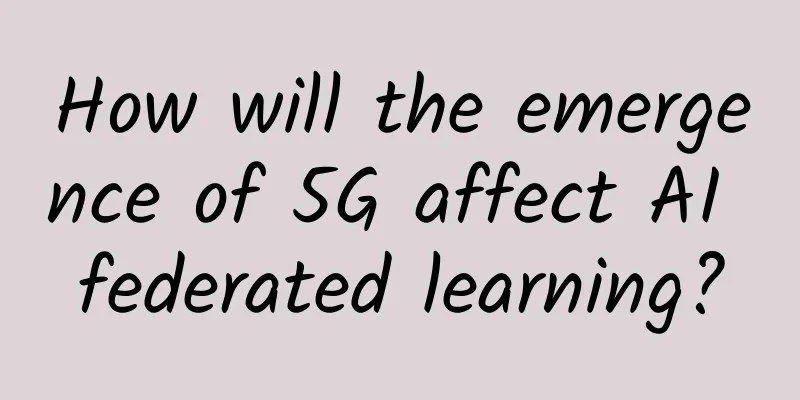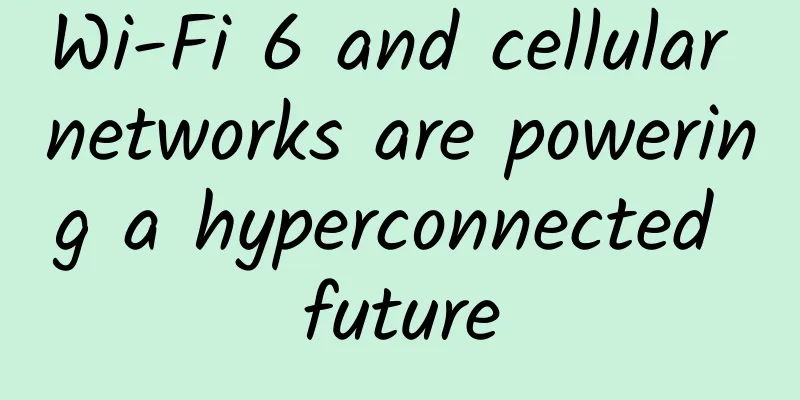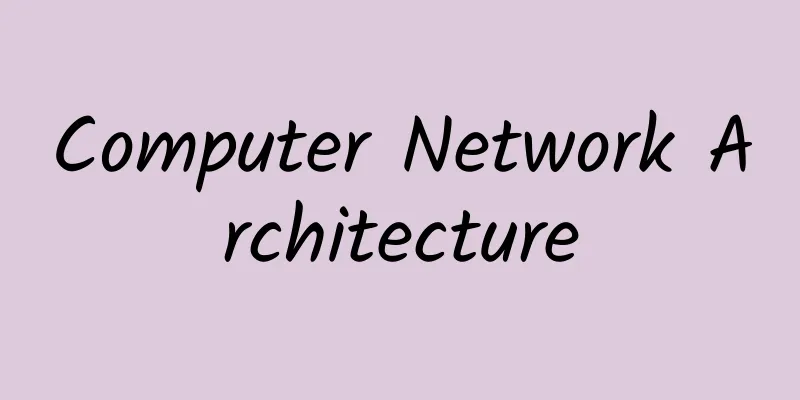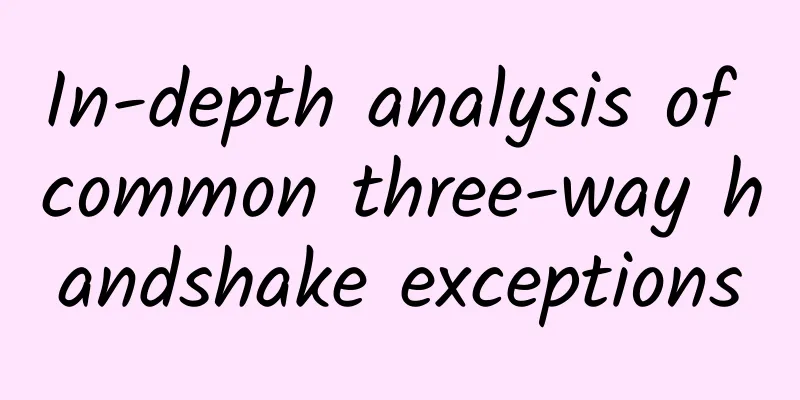The Trump administration changes its policies overnight: the study visa rules are changed back to the old ones, and the new policy was aborted in less than a week
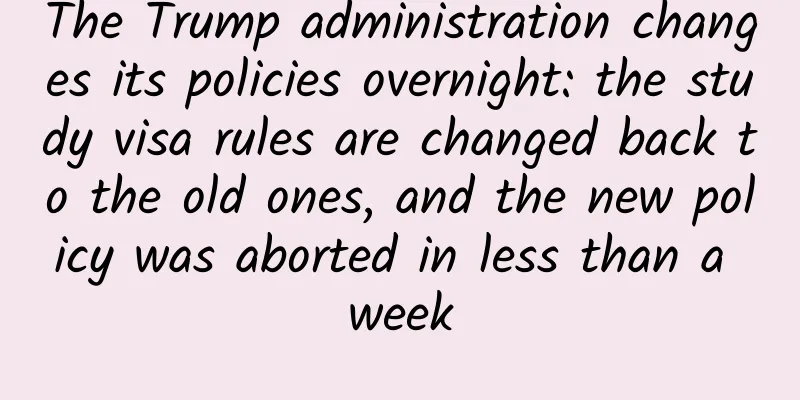
|
This article is reprinted with permission from AI new media Quantum Bit (public account ID: QbitAI). Please contact the source for reprinting. What does it feel like to slap yourself in the face? On July 12, due to public outrage over the newly enacted policy for international students, the U.S. Immigration and Customs Enforcement (ICE) announced that it would officially make changes - basically returning to the "old days." This is definitely great news for international students, as it means they no longer have to modify their fall schedules or worry about their study visas expiring. Today, ICE updated the document showing that the revised rules for studying abroad are as follows:
In addition, students who have paid the I-901 SEVIS fee can rest assured that the document clearly states that such students will not receive a refund or be asked to leave the country. The new regulations also state: Schools that adopt fully online teaching need to send their teaching change plans to SVEP before July 15, while schools that adopt a hybrid of online and offline teaching need to issue new I-20 forms to students and submit teaching change plans before August 1. Earlier this week, ICE released a document requiring that if international students at American universities are unable to attend offline courses in the fall of 2020 and can only take online courses, they will lose their study visas and be deported. This move caused an uproar in public opinion. Scholars including Andrew Ng criticized the move, saying it would harm the United States, students and universities. American universities, such as Stanford, Harvard, and MIT, have taken up legal weapons and announced that they will sue the Trump administration, demanding the withdrawal of this regulation. Just one day before ICE revised its rules, Johns Hopkins University (JHU) also joined the ranks of those opposing and suing the Trump administration. In its official statement, JHU listed several "illegal" actions of the US government:
The facts are sufficient and well-founded. In the face of strong public opinion, the US ICE finally revised the new policy on student visas, thus avoiding an unnecessary lawsuit. Document address: https://www.ice.gov/doclib/sevis/pdf/sevisFall2020_FAQ.pdf |
<<: Do you know the characteristics of 5G core network (5GC)?
>>: 5G economy has arrived, and there is no "hidden corner" for industrial innovation
Recommend
Ten important components of SDN controller
SDN controller features include modularity, API, ...
China only holds 10% of 5G patents? Don’t worry, there is still a long way to go.
After many rounds of 3GPP meetings and lengthy te...
Is SSH a higher layer and more secure than SSL? Here are the four major differences between the two - based on principles and protocols
“What is the difference between SSH and SSL?” “Is...
Differentiate switches based on network coverage
As the number of switches increases, there are ma...
In the Internet Queen’s “Spring Festival Gala-style report”, what are the things worth spending five minutes paying attention to?
Internet Queen Mary Meeker's annual Internet ...
Is it wrong to choose WiFi as the route to attack the Internet of Vehicles? It doesn’t matter whether the cat is black or white, as long as it catches the mouse!
From the first three-wheeled vehicle developed by...
Tips you must know: Tips to improve laptop heat dissipation
[[385933]] When playing games, the laptop heats u...
SpringCloud Alibaba Microservices Practice: Gateway Authorization VS Microservices Authorization
[[386274]] This article is reprinted from the WeC...
The pain of 5G indoor distribution! One million devices face replacement and transformation
Indoor coverage is the new battlefield for 5G. Mo...
These five points cannot be ignored when selecting enterprise SD-WAN!
As the main theme of today's IT industry, clo...
GSMA: By 2030, 5G will contribute more than $600 billion to the global economy
On February 24, the 2021 Mobile World Congress Sh...
Maxthon Hosting: 56 yuan/month KVM-2GB/40GB/400GB/Korea CN2, Hong Kong CN2, Japan, US CN2, etc.
Aoyozhuji, a long-established foreign VPS service...
What does the arrival of 5G mean for the Internet of Things?
In today’s fast-paced, hyper-connected and tech-e...
Common router configuration NAT/UPNP/DMZ method?
The methods for configuring NAT (Network Address ...
Innovatively implement ultra-high bandwidth logic interconnection within FPGA using on-chip high-speed network (2D NoC)
An example of using NoC to optimize encryption an...

